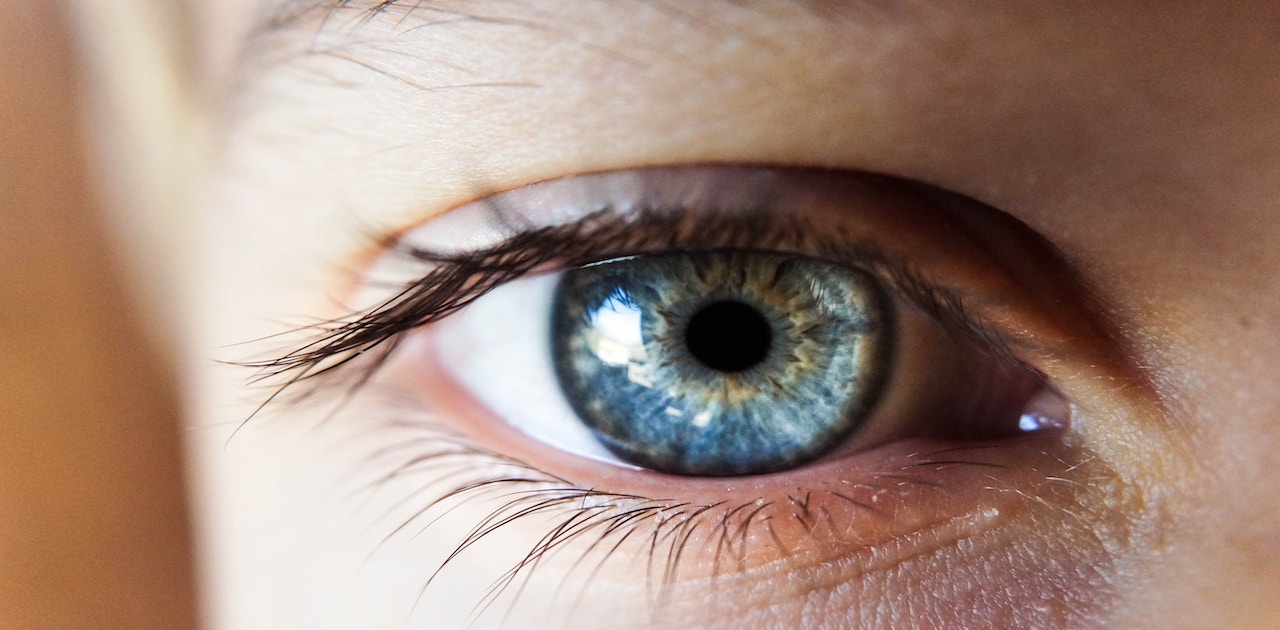Antioxidants can not only protect your skin cells and tissues from the effects of free radicals but there are several advantageous benefits for your skin.
Antioxidants have gained widespread recognition for their remarkable benefits in skincare, offering various advantages for achieving and maintaining healthy, radiant skin. These powerful compounds play a pivotal role in safeguarding the skin from the detrimental effects of free radicals, which are notorious for accelerating the aging process and causing various skin concerns. By neutralising these harmful free radicals, antioxidants offer a robust shield against oxidative stress, ultimately leading to multiple advantages.
From their remarkable anti-aging properties, which diminish fine lines and wrinkles, to their ability to enhance sun protection and promote skin repair, antioxidants are indispensable allies in the quest for vibrant and youthful skin. Additionally, they are instrumental in achieving an even skin tone, improving hydration levels, reducing inflammation, and enhancing skin texture. Considering the antioxidant benefits for the skin, you can consider how these remarkable compounds could revolutionise your daily skincare regimen, ensuring your skin remains healthy, resilient, and radiant.
1. Anti-Aging

Antioxidants combat the signs of aging by protecting the skin from oxidative stress. Free radicals are molecules that can damage collagen and elastin fibres in the skin. Collagen provides the skin with its firmness, while elastin gives it elasticity. When these proteins break down due to free radical damage, the skin can show signs of aging, such as fine lines, wrinkles, and sagging. Antioxidants like vitamins C and E help to neutralise these free radicals, preserving collagen and elastin and, in turn, promoting a more youthful and firm complexion.
2. Sun Protection
Antioxidants, such as vitamins C and E, can enhance the effectiveness of sunscreen and provide an extra layer of protection against the harmful effects of UV radiation. While they should not replace sunscreen, they work alongside it to help reduce UV-induced damage. UV rays generate free radicals in the skin, and antioxidants help neutralise these free radicals, reducing the risk of sunburn, sunspots, and skin aging. Combining sunscreen with antioxidant-rich products can offer comprehensive protection against UV damage.
Related Post: 10 Best Korean Sunscreens For Oily Skin
3. Skin Repair
Antioxidants support the skin’s natural repair mechanisms. When your skin is damaged due to factors like UV exposure or injuries, antioxidants can help speed up the healing process. They stimulate cell turnover and tissue regeneration, which is vital for the repair of scars and blemishes. By aiding in the healing process, antioxidants contribute to a smoother and more even complexion.
4. Even Skin Tone

Antioxidants can help reduce hyperpigmentation issues, resulting in a more even skin tone. They work by inhibiting melanin production, the pigment responsible for skin colour. The overproduction of melanin often causes conditions like age spots, sun spots, and melasma. Antioxidants can help regulate melanin production, leading to a reduction in the appearance of these dark spots and a more uniform complexion over time.
5. Hydration
Some antioxidants, such as vitamin C and hyaluronic acid, are known for their hydrating properties. Vitamin C, for instance, promotes a healthy skin barrier, which helps to reduce moisture loss. This leads to better-hydrated and plump skin. Adequate hydration is crucial for maintaining skin elasticity, preventing dryness, and supporting overall skin health. Well-hydrated skin looks and feels more youthful.
6. Reducing Inflammation
Antioxidants possess anti-inflammatory properties that can calm and soothe irritated or red skin. Inflammatory skin conditions like rosacea and sensitive skin can benefit from these properties. Antioxidants help to reduce inflammation, redness, and discomfort, making them a valuable addition to skincare routines for individuals with these skin concerns. They provide relief and can help improve the appearance of red or inflamed skin.
7. Improved Skin Texture
Antioxidants contribute to a smoother and more radiant skin texture by promoting cell turnover. Dead skin cells are shed more efficiently, revealing fresh, healthy skin underneath. This process reduces the appearance of rough or dull patches, resulting in a smoother, more youthful complexion. Regularly using antioxidant-rich products can improve overall skin texture and leave your skin looking more vibrant.
Relevant More: 7 Most Popular At-Home Treatments For Glowing Skin
Common Antioxidants For The Skin
• Vitamin C (Ascorbic Acid): Vitamin C is a potent antioxidant known for its ability to brighten the skin, stimulate collagen production, and reduce the appearance of fine lines and wrinkles. It can also help protect the skin from UV damage.
• Vitamin E (Tocopherol): Vitamin E is a fat-soluble antioxidant that moisturises the skin, helps repair damaged skin cells, and protects against UV radiation. It can also improve overall skin health.
• Vitamin A (Retinol): While not a traditional antioxidant, retinol helps stimulate collagen production, promote cell turnover, and reduce the appearance of fine lines, wrinkles, and age spots. It is highly effective in improving skin texture and reducing the signs of aging.
• Coenzyme Q10 (CoQ10): CoQ10 is an antioxidant that energises skin cells, making them more resilient and resistant to damage. It can help reduce the signs of aging.
• Green Tea Extract: Green tea is rich in polyphenols, which have anti-inflammatory and antioxidant properties. Green tea extract can help reduce inflammation and protect the skin from UV damage.
• Resveratrol: Resveratrol can be found in red grapes and certain berries and is believed to have anti-aging properties. It can help protect the skin from environmental stressors and promote a youthful appearance.
• Niacinamide (Vitamin B3): Niacinamide is an antioxidant known for its ability to improve the skin’s barrier function, reduce redness, and address concerns like enlarged pores and uneven skin tone.
Read More: 5 Top Green Tea Benefits For The Skin
Antioxidants have undoubtedly revolutionised the field of skin care, providing a myriad of benefits that empower individuals to achieve and maintain healthy, youthful, and radiant skin. These remarkable compounds can play an essential role in neutralising free radicals and serve as a formidable defence against the ravages of oxidative stress. As we’ve explored, antioxidants offer a comprehensive array of advantages, including anti-aging properties that reduce the appearance of fine lines and wrinkles, enhanced sun protection, skin repair, and the promotion of an even skin tone.
Furthermore, antioxidants contribute to improved hydration, reduced inflammation, and enhanced skin texture, all essential to a comprehensive skincare routine. Pursuing healthy and vibrant skin is more achievable than ever, thanks to the diligent research and innovation in the skincare industry, resulting in the formulation of antioxidant-rich products. Incorporating antioxidants into your skincare regimen can lead to a visible transformation, ensuring that your skin remains resilient and beautifully radiant. As you explore the diverse range of antioxidants and their unique benefits, you can harness the power of nature’s defenders against the effects of time and environmental stressors, allowing your skin to shine with health and vitality.

